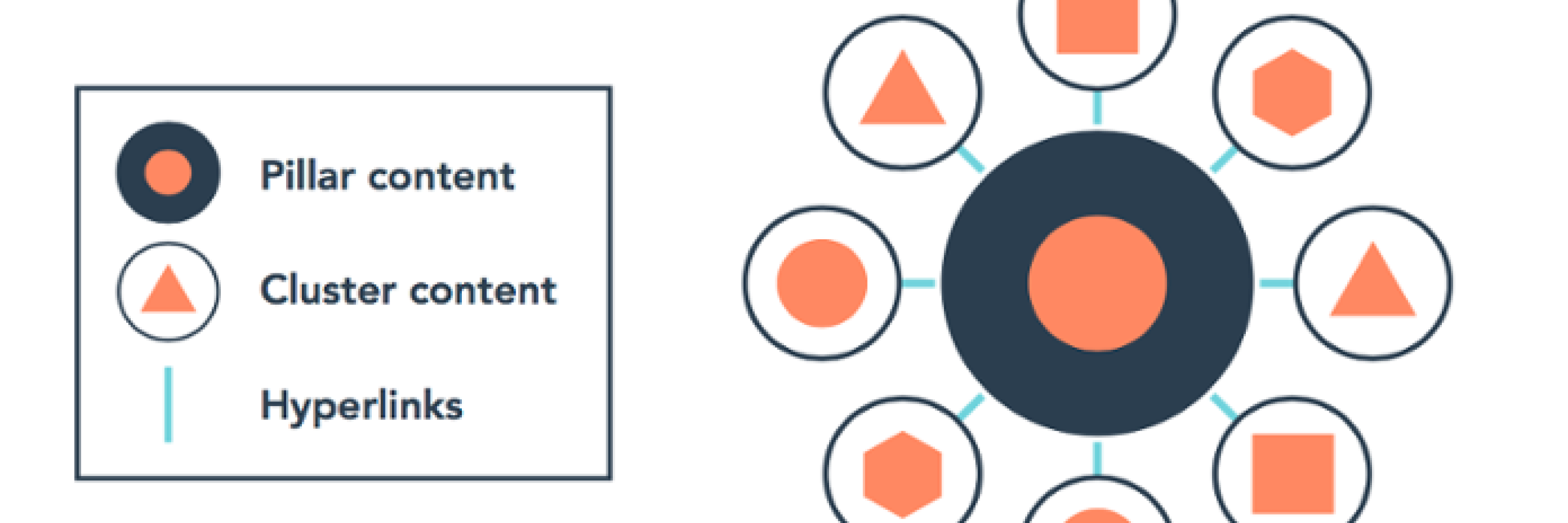Discover the SEO strategy 'Topic Clusters' that focus on topics, as opposed to keywords. Improve your site’s architecture and make it easier for Google to discover related content and ultimately boost your visibility.
Related: Why Serial Entrepreneurs Work on Go-to-market Strategies First
Key Takeaways:
This SEO strategy focuses on topics as opposed to keywords and 'The Pillar Page’ broadly outlines a topic.
Cluster content, focused on specific longtail keywords.
The main page ‘Pillar page’ links to each cluster page
Topic clusters signal to Google, that there’s a semantic relationship between the content and more importantly, pushes you higher up the page.
See a practical example of how topic clusters helped team Upscope achieve results
Summary transcription
It wasn’t long ago that you would type some broken search term into google, but now you simply have to ask a question, because you assume search engines are smart enough to recognise intent. But does your SEO strategy reflect this changing search behaviour?
Meet the topic cluster model, an SEO strategy that focuses on topics as opposed to keywords to improve your site’s architecture and make it easier for Google to discover related content and ultimately boost your search engine visibility.
Consider how the average website grows:
You start with a homepage and a blog
You decide to target a keyword
You then learn that there are more than a thousand longtail variations of that term. Meaning you’re stuck writing post after post to capture the search traffic. In the end your site becomes repetitive, loaded and disorganized.





